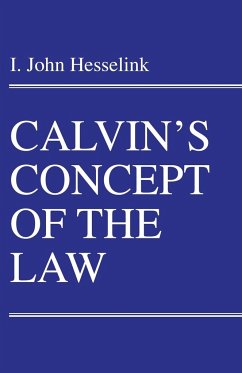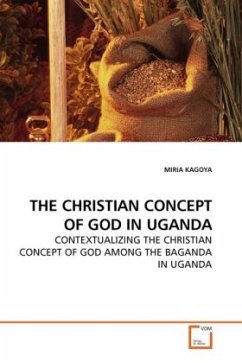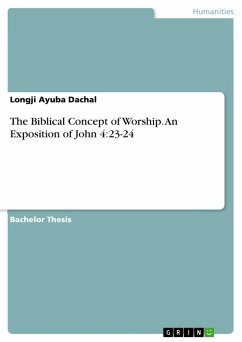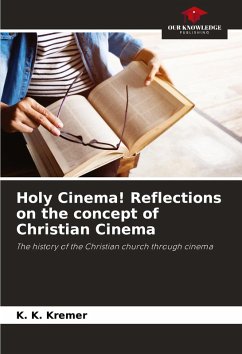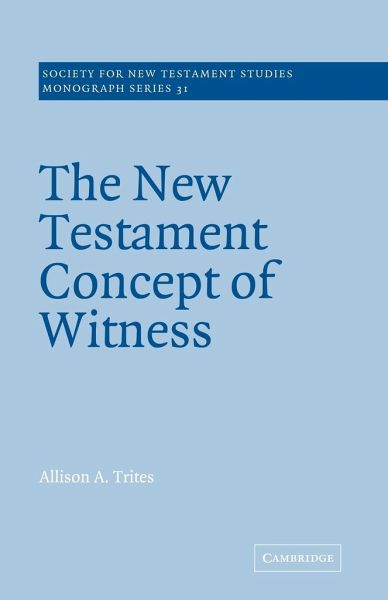
The New Testament Concept of Witness
Versandkostenfrei!
Versandfertig in 1-2 Wochen
61,99 €
inkl. MwSt.

PAYBACK Punkte
31 °P sammeln!
Argues that the idea of witness is a live metaphor in the New Testament to be understood in terms of the Old Testament legal assembly.Terms like 'witness' and 'testimony' occur frequently in religious contexts and have special significance there, culminating in the development of the Greek martus (witness) into the English 'martyr'. They also have a legal context, and Professor Trites examines their use in the New Testament in the light of ancient legal practice. The author argues that the idea of witness is a live metaphor in the New Testament, to be understood in terms of the Old Testament l...
Argues that the idea of witness is a live metaphor in the New Testament to be understood in terms of the Old Testament legal assembly.
Terms like 'witness' and 'testimony' occur frequently in religious contexts and have special significance there, culminating in the development of the Greek martus (witness) into the English 'martyr'. They also have a legal context, and Professor Trites examines their use in the New Testament in the light of ancient legal practice. The author argues that the idea of witness is a live metaphor in the New Testament, to be understood in terms of the Old Testament legal assembly, though the Greek lawcourts are also relevant. The witness theme is developed in a sustained way in John, Acts and Revelation, and is also used in the Synoptic Gospels, the Pastoral and General Epistles, and Hebrews. In contexts of persecution and suffering the forensic metaphors tend to be identified with military ones, but in principle they are quite distinct. Professor Trites contends that the idea of witness in relation to Christ and his gospel plays an essential part in the New Testament and in Christian faith and life generally.
Table of content:
Preface; Abbreviations; 1. Introduction; 2. The witness terminology of secular Greek; 3. The witness terminology of the Septuagint; 4. The use of controversy in the Old Testament; 5. The controversy in Isiaih 40-55; 6. The idea of witness in other Jewish writings; 7. The witness terminology of the New Testament; 8. The concept of witness in the Fourth Gospel; 9. The concept of witness in the Book of Acts; 10. The concept of witness in the Book fo Revelation; 11. The idea of witness elsewhere in the New Testament; 12. Conclusion; Appendix; Bibliography; Index of references.
Terms like 'witness' and 'testimony' occur frequently in religious contexts and have special significance there, culminating in the development of the Greek martus (witness) into the English 'martyr'. They also have a legal context, and Professor Trites examines their use in the New Testament in the light of ancient legal practice. The author argues that the idea of witness is a live metaphor in the New Testament, to be understood in terms of the Old Testament legal assembly, though the Greek lawcourts are also relevant. The witness theme is developed in a sustained way in John, Acts and Revelation, and is also used in the Synoptic Gospels, the Pastoral and General Epistles, and Hebrews. In contexts of persecution and suffering the forensic metaphors tend to be identified with military ones, but in principle they are quite distinct. Professor Trites contends that the idea of witness in relation to Christ and his gospel plays an essential part in the New Testament and in Christian faith and life generally.
Table of content:
Preface; Abbreviations; 1. Introduction; 2. The witness terminology of secular Greek; 3. The witness terminology of the Septuagint; 4. The use of controversy in the Old Testament; 5. The controversy in Isiaih 40-55; 6. The idea of witness in other Jewish writings; 7. The witness terminology of the New Testament; 8. The concept of witness in the Fourth Gospel; 9. The concept of witness in the Book of Acts; 10. The concept of witness in the Book fo Revelation; 11. The idea of witness elsewhere in the New Testament; 12. Conclusion; Appendix; Bibliography; Index of references.






